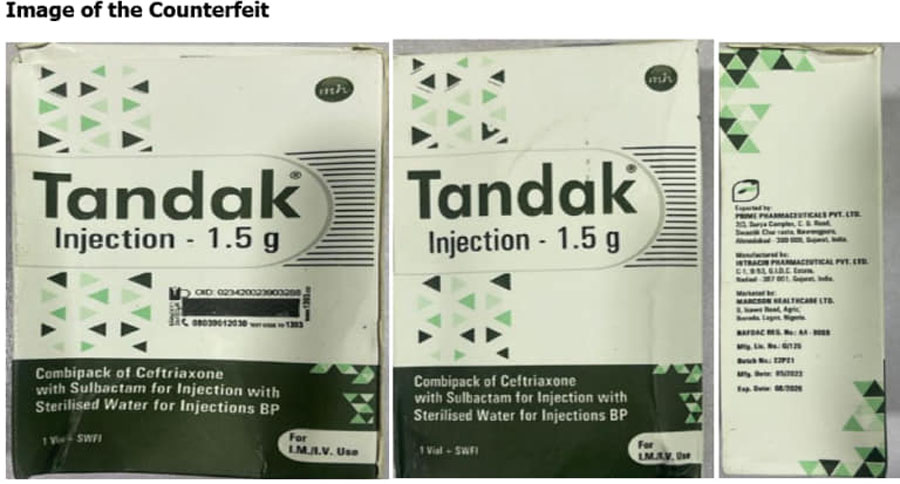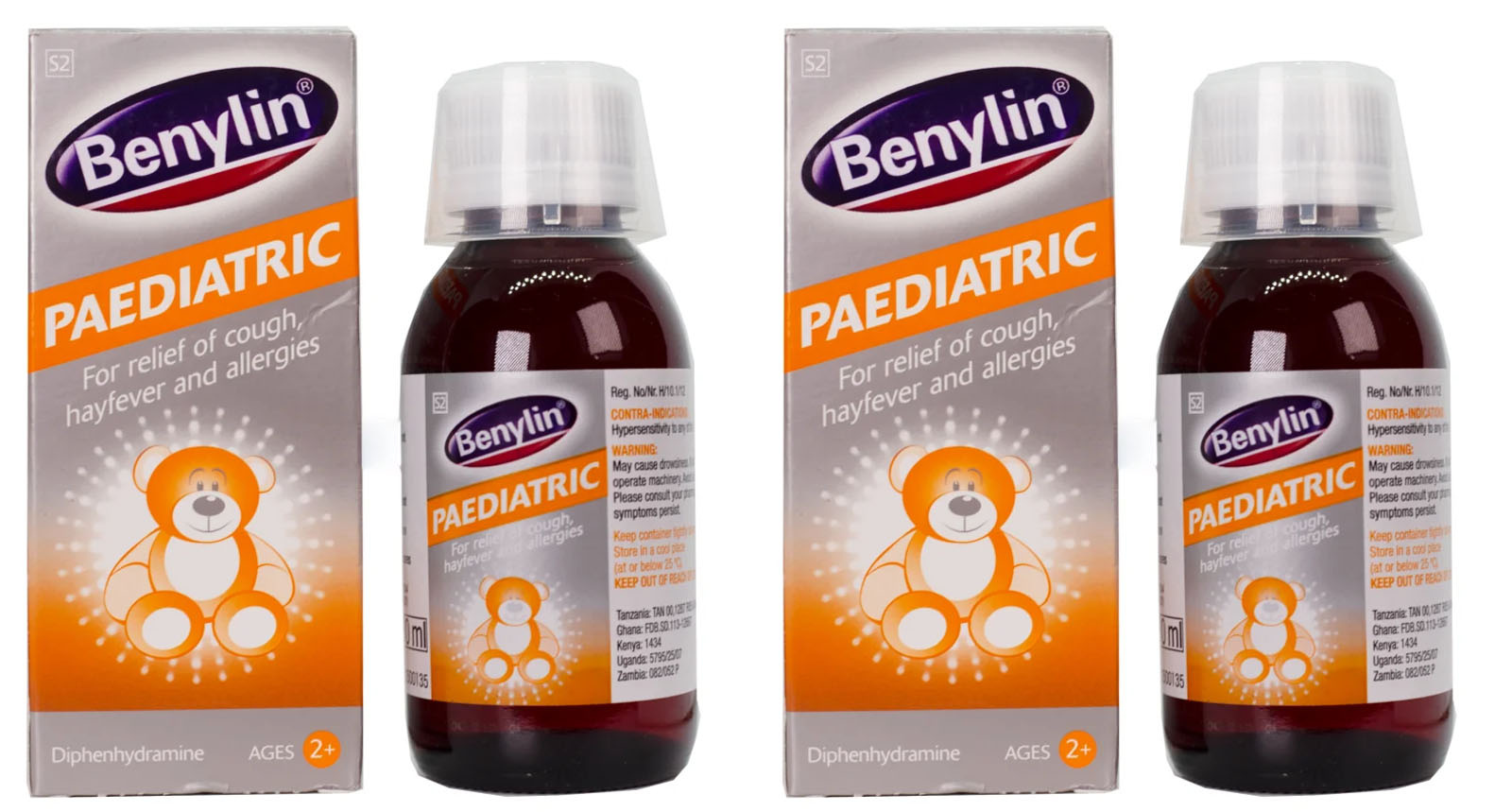Minister of Health, Dr Osagie Ehanire, has said the country expects to receive the first batch of vaccines meant to combat COVID-19 by January.
He said this on Wednesday while addressing State House correspondents after the week’s virtual Federal Executive Council FEC meeting.
Ehanire further disclosed that the country was looking to get the vaccines from more than just one source, adding that the Ministry of Health had already commenced bilateral talks with manufacturing companies and countries that have developed solutions.
He, however, said storage of some types of vaccines and cost of storage were factors being considered in shopping for the products.
The minister said, “We have a technical working group working on the question of the vaccine. We have signed up with the World Health Organisation and GAVI for access to vaccines immediately they are available. But you know that these vaccines are new and the producers are, first of all, not giving any indemnity.
“The big countries where these vaccines are manufactured are of course giving themselves the priority to serve their own citizens first and we hope that the pressure from the World Health Organisation and GAVI (Global Alliance for Vaccines and Immunisation) will be able to get a reserve for other countries which themselves are not manufacturing and be able to attend to what we signed up to; we signed up for the advanced market participation of the COVACS.
“If we are able to get our own, I think it should be by January, but there are two types of vaccines, as you have heard; there are those that haven to be in ultra-deep freezers, the MRNA types of vaccines, freezers that must give you at least -80 degrees. There’s another type that can be in a deep freezer of -20 and there’s another type that can be in a refrigerator of -2 degrees, which is regular refrigerator.”
He also said, “The one that is a regular refrigerator is easy in that you have many of that kind of refrigerators all over our country. -20 will also be easy because we have freezers, but the ultra-cold freezers we hardly have any in our country, therefore to receive and store those ultra-cold vaccines will require that we go purchase those ultra-cold freezers.
“So we are working on the costing and it might be which one we get first. We have to remember again that we have over 200 million citizens and finding a way to get enough to take care of our citizens. That means if we are able to get the vaccine that works well and does not cost us too much or cost of storage and delivery, that’s the one we’ll like.
“We are also having bilateral discussions, talking with manufacturers, some of them have written to us that they want to have talks with us, I think one is already having discussions in the Ministry of Health, the one that British and Russia team are putting together.”
He said the FG was working with them “because if we cannot get enough from one source, we should be able to get from other sources. So, we are looking at multiple sources. We had a conversation with United Arab Emirates. The ambassador came to see us and told us that they are buying vaccines from China and had tested them.
“So, they said they are introducing them to us. So, we said we would listen to them because the one that is effective and healthy in those countries and is available is the one we shall bring and that has also proven to be safe.”
Related












































You must be logged in to post a comment Login